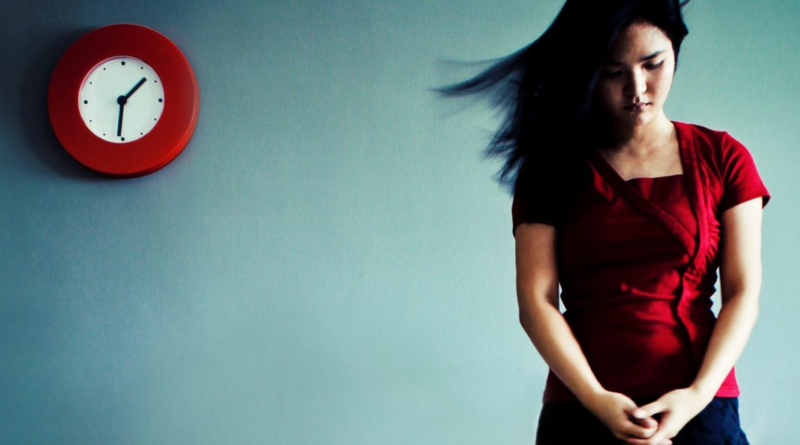44% of Americans feel they’ve lost time to poor mental health, survey says. It’s worse for people with depression or anxiety
Every now and then you may wonder, Where did the time go? Whether mystified at how quickly an afternoon slipped away or reflecting on years gone by at lightning speed, you’ve probably experienced periodic sensations of lost time. Yet 44% of Americans feel they’ve lost time in their lives due to a known culprit: poor mental health.
Among people diagnosed with depression and/or anxiety, this percentage nearly doubles to 78%.
That’s according to a new national survey from Myriad Genetics, dubbed the GeneSight Mental Health Monitor. In February, the genetic testing company and ACUPOLL Precision Research surveyed 1,000 U.S. adults about their mental health. The results, published in April, reveal the chronological toll of mental illness.
Among respondents diagnosed with depression and/or anxiety, 50% said they’ve lost years of their life to poor mental health, while 12% said they’ve lost decades.
“For a patient who is struggling, time ticks a lot slower than it does for the rest of us,” Debbie Thomas, EdD, a psychiatric nurse practitioner in Prospect, Ky., said in a GeneSight news release. “One of my patients told me that when they woke up in the morning, they counted how many hours before they could go back to bed. That’s pretty telling when someone is in the depths of depression and anxiety to that degree.”
Many people reported poor mental health has robbed them of not only time itself, but also fundamental moments. About 71% of respondents said it has kept them from being fully present during important events, and more than half of people with depression and/or anxiety said they’d missed out on a major life event because of their mental health. Respondents with these conditions said they felt guilty, hopeless, useless, worthless, and/or self-critical when missing milestones.
In addition, 33% of respondents with depression and/or anxiety cited ineffective mental health treatments as a reason for missing significant events.
The vast majority of people with depression and/or anxiety, 82%, said their mental health had prevented them from having fun or enjoying themselves in the past year, compared to 78% of all respondents.
Patients with depression and/or anxiety tend to be as upset about the time they feel they lost due to poor mental health as they are about having a mental illness, said Sharon Philbin, MSN, an advanced practice registered nurse in Pawtucket, R.I.
“Patients who have lost time due to depressive episodes or periods of anxiety often feel a sense of loss, which further complicates their mental health situation,” Philbin said in the news release. “Many of my patients say they are thankful they feel better, but they worry that it will happen again.”
Just 16% of survey respondents said they feel “ready to take on the world” following a depressive episode. They also feel:
- Exhausted: 60%
- Coming out of a fog: 50%
- Disappointed to have missed out on life: 47%
The survey relied on respondents to self-report having been diagnosed with depression or anxiety by a medical professional. While polling included mental health screening instruments—the Patient Health Questionnaire-2 (PHQ-2) for depression and the Generalized Anxiety Disorder-2 (GAD-2) questionnaire for anxiety—it’s unclear what types of these disorders respondents had.
If you need immediate mental health support, contact the 988 Suicide & Crisis Lifeline.
For more on mental health:
Subscribe to Well Adjusted, our newsletter full of simple strategies to work smarter and live better, from the Fortune Well team. Sign up for free today.




